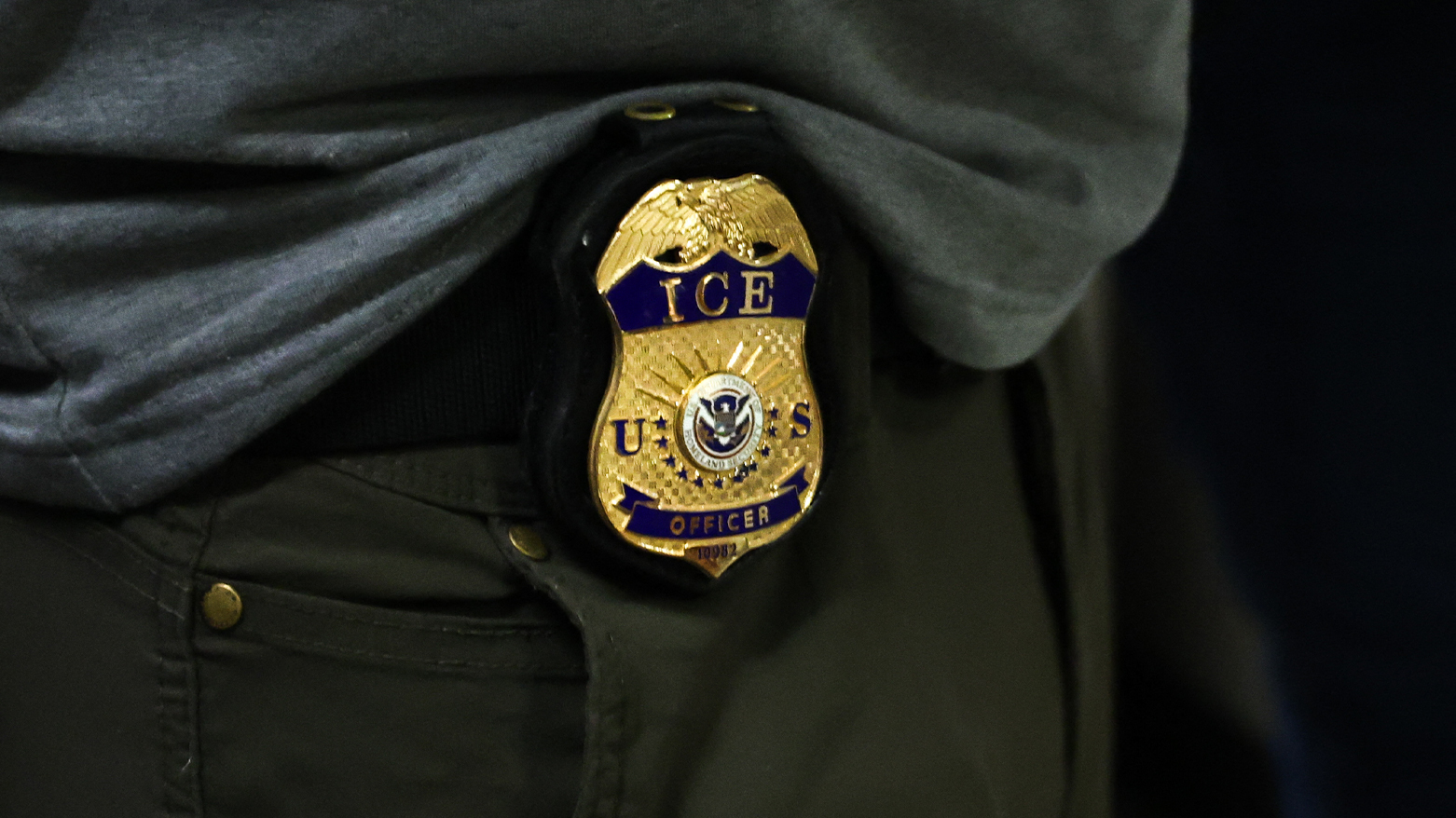U.S. Deportations of Iranians Surge 10-Fold Amid Security Crackdown
A BBC report reveals a 10-fold surge in U.S. deportations of Iranians, driven by a new executive order. 90% of those expelled had no criminal record, with detentions spiking after a U.S. attack on Iran.

ERBIL (Kurdistan24) – A sweeping U.S. immigration crackdown, officially announced by a Presidential Executive Order aimed at "protecting the American people against invasion," has resulted in a more than 10-fold increase in the deportation of Iranians in 2025, with detentions spiking dramatically in the immediate aftermath of a U.S. attack on Iran's nuclear facilities, a detailed analysis of official data by BBC Persian has revealed. The report shows that the vast majority of those expelled had no criminal record, and many were asylum seekers denied due process.
According to the BBC's analysis of U.S. Immigration and Customs Enforcement (ICE) statistics, 92 Iran-born migrants were deported in the first six months of 2025, a stark increase compared to the previous six years. The number of Iranians detained also skyrocketed, increasing 48-fold from just 27 in the first half of 2024 to 1,310 in the same period this year.
This enforcement surge operates under a policy framework laid out in a January 20, 2025, Presidential Executive Order from the White House. The order, titled "Protecting the American People Against Invasion," states its purpose is to counter an "unprecedented flood of illegal immigration" and that many aliens "present significant threats to national security and public safety." It directs federal agencies to achieve "total and efficient enforcement" of immigration laws and to revoke more lenient policies from the prior administration.
The timing of the crackdown on Iranians is particularly notable. The BBC report found that while only 76 Iranians were detained in the first 20 days of June, that number jumped to 303 in the four days following the U.S. attack on Iran's nuclear facilities amidst the Iran-Israel war. This four-day period accounted for a quarter of all Iranians detained in the first six months of the administration.
Despite the administration's national security rationale, the BBC analysis of 2025 data shows that 90% of the deported Iranians had not committed any crime. Less than seven percent had minor immigration violations, and only three percent had committed minor offenses like shoplifting. The report also found that 41% of the deported Iranians were specifically expelled on the grounds that their presence was "contrary to U.S. national security," and 85% were deported on an expedited basis, without being given the opportunity for due process.
The human cost of this policy is illustrated by cases like that of Mehrad Asadi Eidavand, reported by BBC Persian. Asadi, who entered the U.S. legally three years ago as an asylum seeker, was arrested outside his home. His lawyer, Rebecca Chavez, told the BBC that the ICE officer in charge of the case admitted in writing that his detention was a mistake, "but now that he is detained, he must remain until his situation is resolved." Asadi has been held for 57 days, lost his home and car, and gone on two hunger strikes.
President Trump's executive order gives broad authority to federal agencies to carry out these actions. It directs the Secretary of Homeland Security to "promptly take all appropriate action" to expand detention facilities and ensure the "efficient and expedited removal of aliens." The order also calls for the establishment of "Homeland Security Task Forces" nationwide to dismantle criminal networks and "ensure the use of all available law enforcement tools to faithfully execute the immigration laws."
The BBC report highlights a contradiction between the stated security goals and the evidence on the ground. While the Department of Homeland Security and the FBI warned of potential threats from Iran on U.S. soil after the military strikes, ICE statistics show that none of the Iranians deported in the first half of 2025 had convictions related to national security threats or terrorist activities.
The report also sheds light on the vast and increasingly powerful system of migrant detention in the U.S., which it describes as the largest in the world. The BBC notes that the "Detention Watch Network," an advocacy coalition, states that 90% of U.S. ICE prisons are run by the private sector. With a recent allocation of $170 billion for immigration policies, ICE now has a larger budget than the FBI, raising concerns about a system where financial gain could incentivize detention.